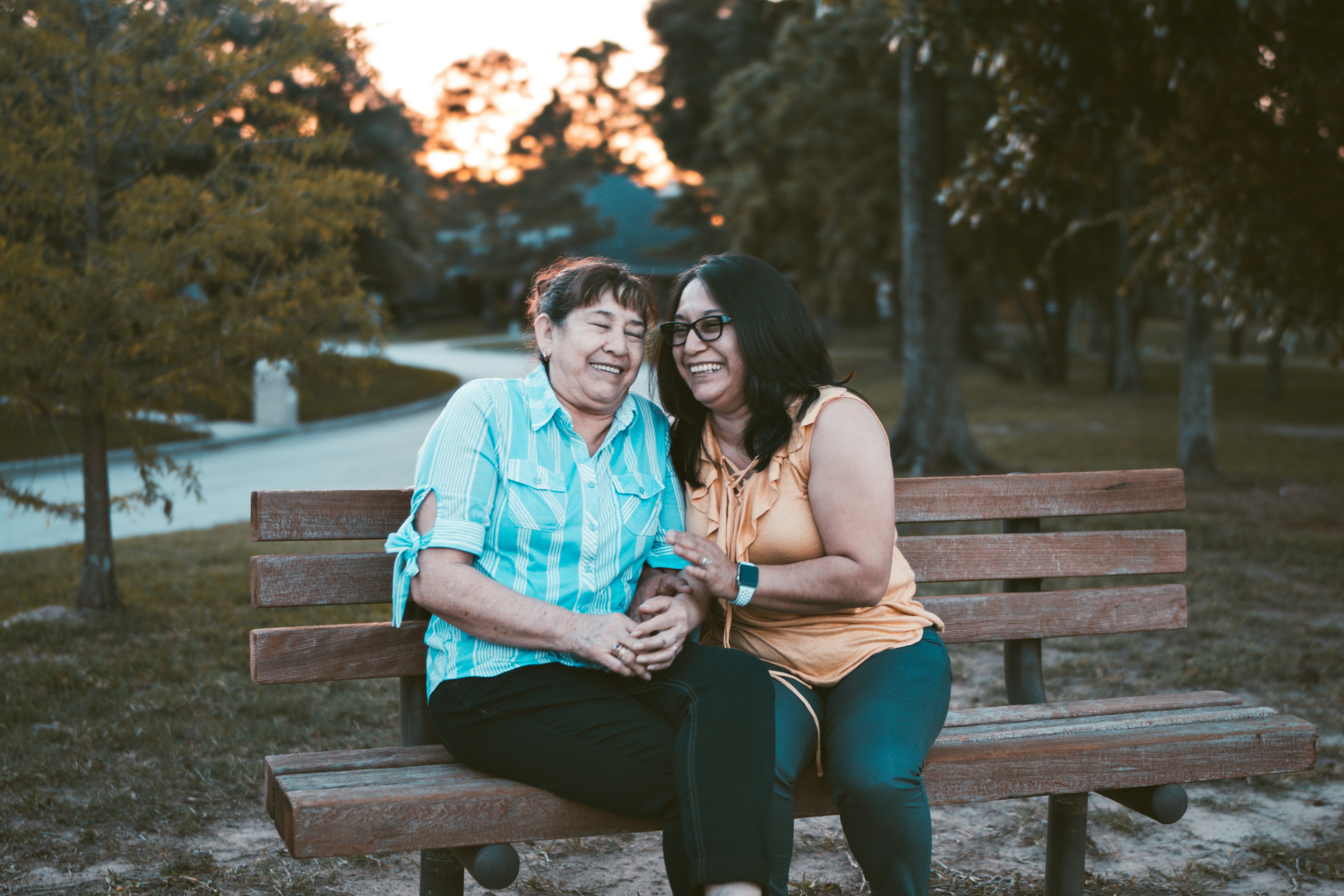
“Each year over 43 million Americans provide unpaid care to a family member, usually a parent.”
Adult children who care for an elderly parent will typically be asked to oversee and provide medical care and finances. However, sometimes the caregiving goes far beyond this. As a result, many adult children caregivers fail to think about the financial impact that this can have on their own monthly budgets and retirement funds.
MarketWatch’s article, “Read this before becoming your parents’ caregiver,” reports that, in many instances, the adult child caregiver is still able to maintain a full career and family life. However, in certain situations, the family member who’s assumed the role of a full-time caregiver must reduce his or her work hours or forego a promotion because of the time commitment. In the majority of situations, we see adult children answer the call of caregiving in a crisis when there’s an imminent need. A short-term assignment can be doable for a professional with his or her other family and personal responsibilities, but when the duties last longer, he or she will realize there isn’t enough time or resources to do it all.
A caregiver needs to take the actions necessary to help without putting his or her own family’s financial future at issue. When there are siblings and other family members involved, it is necessary to communicate realistic expectations of what areas of care are needed, responsibilities, time commitments and whether there will be any financial compensation.
A Personal Care Agreement can be a good guideline. It will help to detail which individuals are responsible for various aspects of care, the amount of time required and any compensation. The biggest question that people have about this agreement, is how to get paid to be a family caregiver.
A Personal Care Agreement can give an adult child caregiver the peace of mind and security that he or she won’t suffer undue financial consequences, as well as provide clear details for other family members as to the expectations when assuming these important caregiving responsibilities.
This agreement can help avoid some of the misunderstandings that can occur when many siblings and loved ones are trying to help (or fail to pitch in). It also can protect a family member who is losing his or her own income and time to provide caregiving. This is because reduced hours or an exit from the workforce to care for a loved one, can have a major personal financial impact. In addition, the time for a personal and immediate family life with one’s own spouse and children can nearly evaporate with caregiving demands.
You can work with an Elder Law attorney to draft a Personal Care Agreement. Having an attorney review your Personal Care Agreement can even help to confirm that care payments were a legitimate and necessary expense, rather than a way to conceal assets from Medicaid.
Reference: MarketWatch (February 22, 2017) “Read this before becoming your parents’ caregiver”


